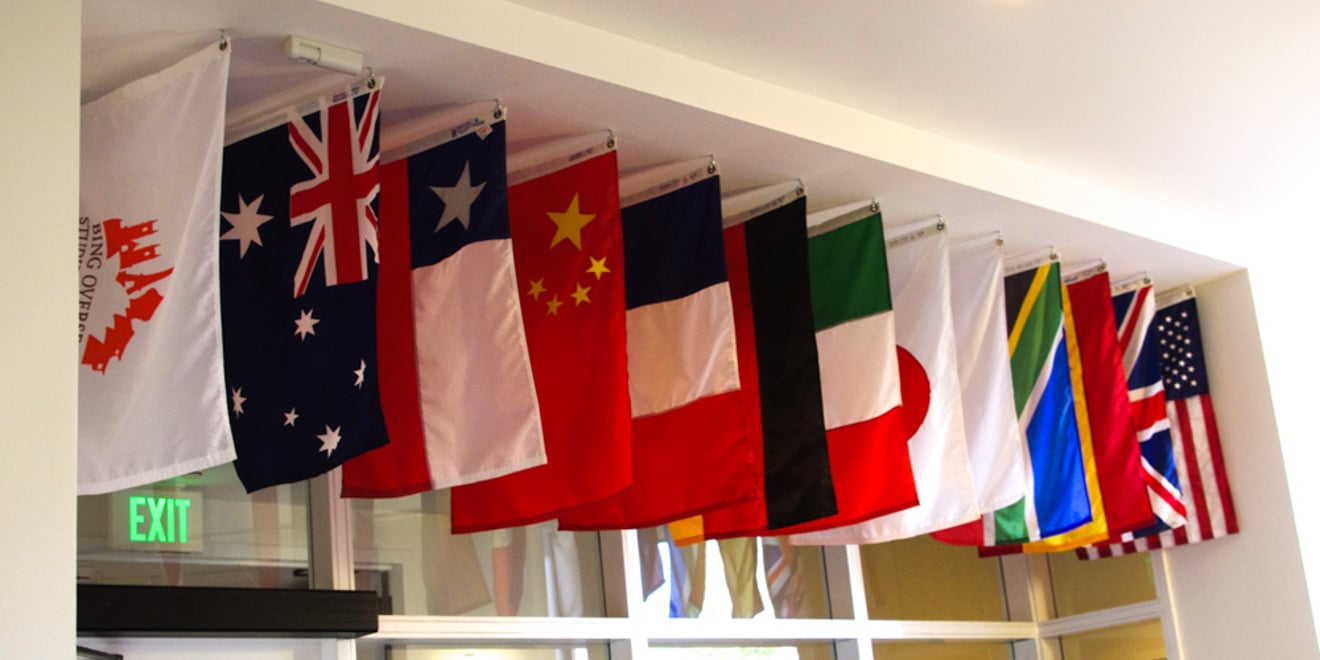Stanford suspended all undergraduate study abroad programs to Russia, including a summer internship at the Carnegie Moscow Center, after the Department of State issued a Level Three travel advisory for the country.
According to Burke Family Director of the Bing Overseas Studies Program Ramón Saldívar, the University prohibits undergraduates from participating in Stanford-sponsored or Stanford-organized trips to regions that have been issued an official travel advisory of Level Three or Level Four, or “where there is other reliable information of significant health or safety risks.”
The State Department issues four tiers of travel advisories ranging from Level One, “Exercise Normal Precautions,” to Level Four, “Do Not Travel.”
A “Level Three” advisory indicates that one should reconsider travel to a country “due to serious risks to safety and security.”
“This is the only BOSP program impacted by a Travel Advisory at this time,” Saldívar said.
While the summer internship at the Carnegie Moscow Center is still open to graduate students, the advisory prevents undergraduate students from completing the internship in Moscow. Nonetheless, Global Internships Program Manager Denise Chu said that alternative options still exist for undergraduates.
“We might look into having an undergraduate student intern from campus (for which there is precedent),” Chu wrote in an email statement to The Daily.
The State Department warning for Russia highlighted civil unrest and terrorism in Chechnya and around Mount Elbrus.
“Terrorists may attack with little or no warning, targeting tourist locations, transportation hubs, markets/shopping malls, and local government facilities,” the statement on the State Department’s website explained.
Instability in the Caucasus region also prompted the updated travel advisory.
“Local gangs have kidnapped U.S. citizens and other foreigners for ransom,” the website says. “There have been credible reports of arrest, torture, and extrajudicial killing of gay men in Chechnya.”
Additionally, Russian diplomatic sanctions against the U.S. have reduced the number of embassy personnel available to assist American travelers with legal troubles.
The 2014 Russian annexation of Crimea was also highlighted as a reason for the heightened travel warning.
This is not the first time Stanford has had a travel advisory disrupt a global studies program.
“In 2016 we couldn’t send a student to Istanbul due to a travel warning,” Chu wrote. “We arranged for the student to conduct the research internship on campus under the mentorship of the then-associate director of [the] Abbasi Program in Islamic Studies. The student’s mentor at Koc University had regular Skype meetings with the student.”
The Level Three advisory does not prevent graduate students, faculty or staff from traveling to Russia. Nevertheless, the University International Travel Policy “strongly recommends against, but does not prohibit, travel to countries where the U.S. Department of State has issued an official Travel Advisory of Level 4 or Level 3.”
“I grew up raised by immigrants from the Soviet Union and they will never take me back because they will never go back,” said Adam Gurary ’21, who is considering studying abroad in Russia. “I would to go there and practice Russian.”
Failing a revision of the State Department’s travel advisory, Gurary said he would likely still study abroad elsewhere. “But if I can go to Russia somehow, I will,” he added.
According to Chu, the University is currently looking for alternative ways for students to participate in its Russia programs.
“We are working to find solutions to keeping this opportunity open to Stanford students while being compliant with University policies on international travel and safeguarding the safety and well-being of students,” Chu wrote.
Contact Nicholas Midler at midler ‘at’ stanford.edu.
